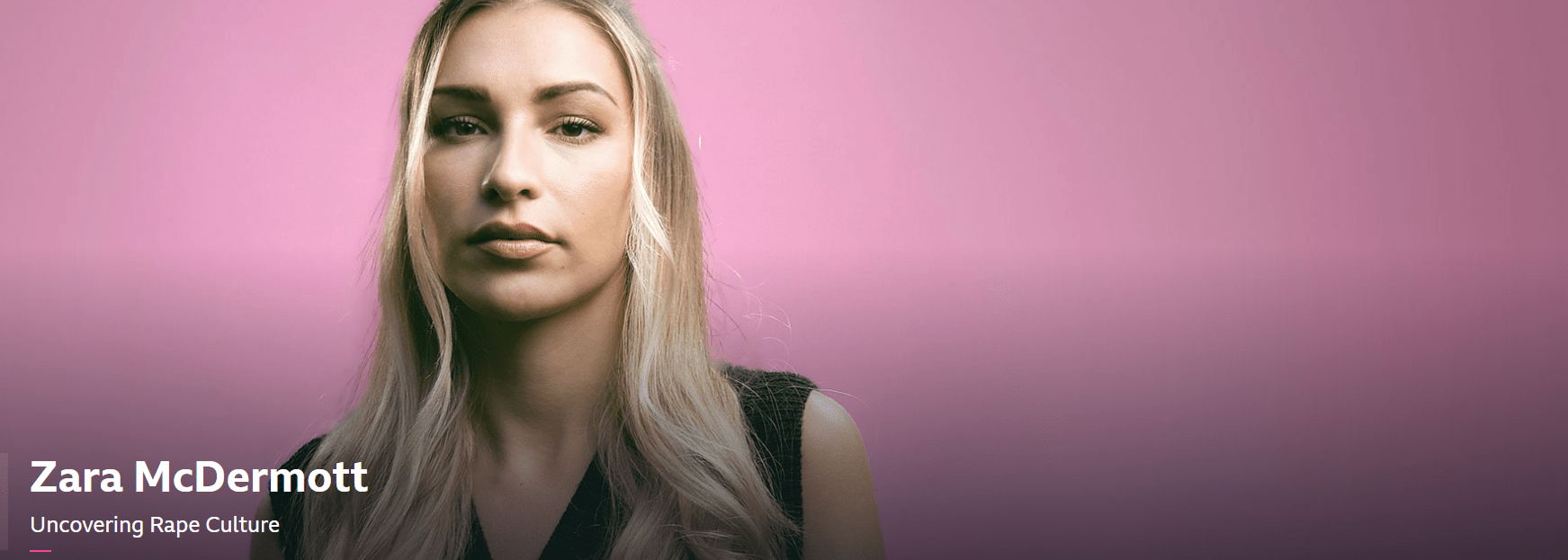Review by Mark Langabeer
A recent BBC3 programme highlighted what is unfortunately a pervasive culture of sexual violence among many young people. The documentary dealt with the prevalence of sexual assaults, sometimes on girls as young as twelve, and by boys of a similar age.
Zara McDermott, a fashion model, and a contestant on the Love Island programme, gave an account of her own experience of an attempted rape in a park. The rapist ran off as a group of adults gave chase. One of the disturbing features of this incident was the age of the attacker. McDermott suggested that he looked no more than 15 years of age. She decided to investigate the scale and the reasons for this kind of behaviour.
She spoke to former school friends who gave their own accounts of sexual assaults by their male peers at school. McDermott contacted schools, requesting interviews with pupils. Most refused, stating that they have safeguarding policies in place that do not permit such interviews. However, Stoke Newington school in North London did agree an interview with a group of members of the lower sixth.
The girls all gave similar accounts of abuse. However, none of the boys wanted to be filmed because he felt that they were being set up. McDermott highlighted the problem of sexual assaults even at prestigious private schools all of which refused to give permission for interviews, while stating that they took allegations of sexual assaults seriously.
Pupils in private school assaulted
McDermott did manage to meet a group of students from a private school who have been assaulted and who had felt that the school swept the issue under the carpet. One girl said that the school would expel pupils for drug abuse, but added that she preferred sitting next to a drug user rather than a sexual abuser.
The programme reported that 64% of girls asked had experienced sexual harassment of one kind or another by their peers. Many girls refused to report abuse because of the perception of a stigma attached to it, and so keep it secret, even from friends and family. McDermott noted in the programme that the scale of abuse in private schools is linked to privilege and a sense of ‘entitlement’ that is common within this kind of school’s population. However, it also exists in state schools as well, and she admitted that her own job, objectifying women (my words) may be a contributing factor in the abuse of young girls.
McDermott believes that online porn sites play a significant role in sexual behaviour: these are largely unregulated and no age verification is required. One boy even said that he had watched porn at the age of four. It was not just what was referred to as ‘soft porn’, either, but porn that displayed aggressive sexual activity. McDermott interviewed Jess Philips MP, who suggested that early intervention in schools was needed to combat such abusive behaviour.
The conclusions I drew from this programme is that the case for early education on abusive sexual behaviour and the regulation of porn sites are overwhelming. On the other hand, I do think that the levels of sexual abuse suffered by girls and young women is rooted in a society that is fundamentally based upon exploitation.
The programme can still be found on BBC i-player here.



